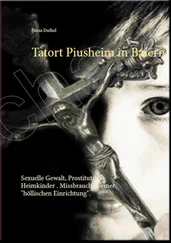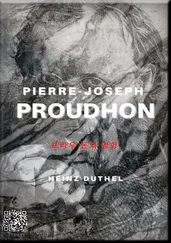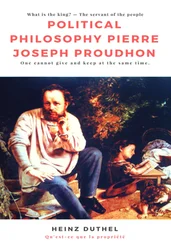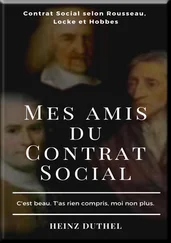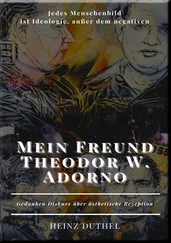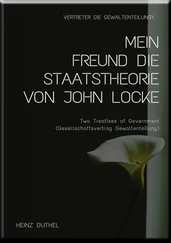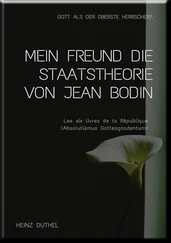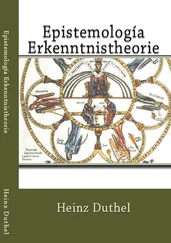[Bennett, 1986 #109, p19]
Here exactly is how mathematics education gains its purchase. When I read this, the language took me right back into the classroom and to debates I have had with my contemporaries over the 58 years of my life. But an important issue here is the level of abstraction. The regeneration of capitalism, through social reproduction is but one - perhaps the highest - level of social abstraction. The classroom tasks, the expectations, the organisation of the classroom all seem to be implicated in this. In this section I will look rather briefly at a number of central analyses of the reproduction question which focus on diverse levels of this abstraction, namely:
• Samuel Bowles’ and Herbert Gintis’ classic Marxist analysis of schooling in America
• Louis Althusser’s ideas on ideology and ideological state apparatus
• Pierre Bourdieu’s ideas about cultural capital
• Rachel Sharp’s Marxist analysis and critique
• Paul Willis’ ideas on cultural production
• Basil Bernstein’s model of pedagogic codes
Clearly, this represents a small selection from the whole work on social reproduction. My choice represents my belief that these figures significant theoretical standpoints and a study of their ideas does allow me to illuminate the main themes and controversies of capitalist social reproduction.
2.2.2 Samuel Bowles and Herbert Gintis and “correspondence theory”
Samuel Bowles and Herbert Gintis undertook one of the first major analyses of the role of the school in the economic and political system. In their book Schooling in Capitalist America [Bowles, 1976 #46] they presented a form of ‘correspondence theory’ in which the structures and the functioning of schools correspond to that in the society at large.
A major criticism of Samuel Bowles and Herbert Gintis’ analysis is that it has the appearance of a highly deterministic - perhaps over-deterministic - analysis of capitalist society. Schools simply fulfilled the demands of the capitalist society and provided workers to fill the spaces. Little attention was given by Samuel Bowles and Herbert Gintis to the dynamic of working class culture and opposition nor to the mechanics of classroom interaction. It is clear that not all pupils from a working class background are duped and oppressed such that they internalise the capitalist message. It is clear also that not all teachers are agents of capitalist oppression. Henry Giroux’s criticisms reflect this in his claim that the Samuel Bowles and Herbert Gintis model represented a monolithic approach and an unduly passive view of human beings [Giroux, 1981 #121, p 294 - 295], which reflects Henry Giroux’s consistent call for recognition of the existence and nature of resistance. This needs to be seen in a social context, however. Bowles and Gintis were not purely putting forward an argument about the structure of social reproduction, they also paid some attention to the process too.
Bowles and Gintis argue that the structure of social relations of school not only prepares and accustoms pupils for the discipline of work, but produces the psychological characteristics demanded by either shop-floor or managerial jobs. Schooling develops the types of personal demeanor, modes of self-presentation, self-image and social class identifications which are crucial ingredients of job adequacy.
[Gibson, 1986 #154, p 47]
This is an important claim - one that begins to chip away at the division between structure and agency and is hinting that we need to look to human relations and social imagery to see how capitalism continues to exist. They were arguing that the processes - actual classroom processes - prepare pupils for their roles, that schools and classrooms were engaged in socialisation. It does seem to me that whatever limitations there were on Samuel Bowles and Herbert Gintis’ study, it marked a significant stage in the development of radical analyses.
2.2.3 Louis Althusser and the “Ideological State Apparatus”
One thing Louis Althusser did was to free up Marxist analyses from economic determinism. He presented a case for what he called the ‘Ideological State Apparatus’ [Althusser, 1971. Orig. 1970 #29].
What do children learn at school? They learn to write and add. … But besides these techniques and knowledges, and in learning them, children at school also learn the ‘rules’ of good behaviour. I.e. the attitude that should be observed by every agent in the division of labour, according to the job he is ‘destined’ for: rules of morality, civic and professional conscience, which actually means rules of respect for the socio-technical division of labour and ultimately the rules of the order established by class domination. … to put it more scientifically, I shall say that the reproduction of labour power requires not only a reproduction of its skills, but also, at the same time a reproduction of its submission to the rules of the established order, i.e. a reproduction of submission to the ruling ideology or the workers and a reproduction of the ability to manipulate the ruling ideology correctly for the agent of exploitation and repression, so that they too, will provide for the domination of the ruling class ‘in words’. In other words, the school teaches ‘know how’, but in forms which ensure subjection to the ruling ideology.
[Althusser, 1971. Orig. 1970 #29, p 7]
Here Louis Althusser claims that reproduction is achieved through subjection to the ruling class ideology, rather than the ruling class itself. This is an important issue, as it is purporting that the processes we put children through in our subject teaching, not only produce certain dispositions, but furthermore, produce dispositions which go on to ensure the continuance of the status quo. Louis Althusser also used the notion of relative autonomy, to suggest that schools have some space in which to operate with some partial independence from the economic base, and it is this that supports the considerable flexibility and diversity in the management of schools. Yet again, we see a social concept operating at a high level of social abstraction - here the institutional and super-structure level. Individual teachers themselves do have considerable autonomy; hence, ‘relative autonomy’ needs to be conceptualised at the level of the teacher.
2.2.4 Pierre Bourdieu, symbolic violence and cultural capital
Pierre Bourdieu’s interest in the role of the education system in social and cultural reproduction drew on his empirical studies of the French Education system [Bourdieu, 1977: 2nd Edition 1990 #39]. For Pierre Bourdieu, the culture portrayed in schools is merely the culture of the dominant group in society. This dominant culture is portrayed as the natural and only culture; either you share this culture or you are deviant in some way. If you share the dominant culture, then you have at least a chance of a share of success [Bourdieu, 1979: 1984 #45, p 387; Bourdieu, 1977 #36, p 164]. To explain the process whereby social classes are differentially favored by the education system, Pierre Bourdieu uses the notion of ‘symbolic violence’ whereby the arbitrary cultural norms of the dominant group is misrecognised not as arbitrary, but as legitimate, thereby reproducing and legitimising relations of domination [Thompson, 1984 #331, p 57]. Bourdieu then extended Marx’s previous attention to capital by developing various forms of capital other than economic. He described economic, social, cultural and symbolic capital, defined as:
firstly economic capital, in its various forms; secondly cultural capital or better, informational capital, again in its different kinds; and thirdly two forms of capital that are strongly correlated, social capital, which consists of resources based on connections and group membership, and symbolic capital, which is the form the different types of capital take once they are perceived and recognised as legitimate.
Читать дальше

